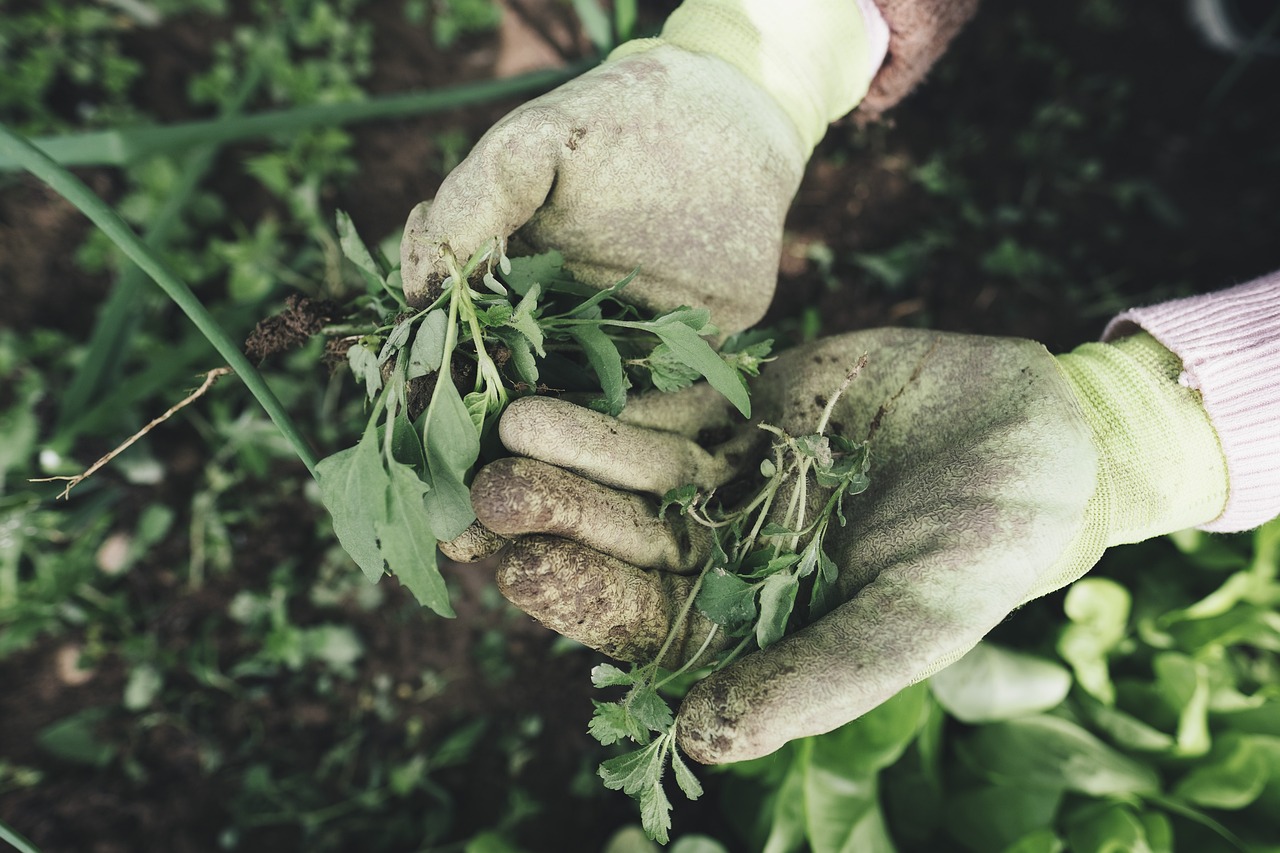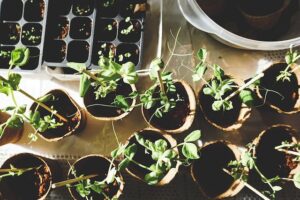
Tips to Successfully Grow Organic Vegetables in Your Home GardenTips to Successfully Grow Organic Vegetables in Your Home Garden
Welcome to the wonderful world of organic gardening. Growing your vegetables at home can be a rewarding and fulfilling experience. Not only do you get to enjoy fresh, delicious produce right from your backyard, but you also have control over what goes into your food. By following some simple tips and techniques, you can successfully grow organic vegetables that are healthy for both you and the environment. Whether you’re a novice gardener or have been tending to plants for years, this blog post is here to help boost your green thumb skills and ensure bountiful harvests all season long. So, let’s dig in (quite literally) and discover how to cultivate thriving organic gardens right at home.
Rotate Your Crops
 One of the key strategies for successful organic gardening is crop rotation. This practice involves changing the location of your vegetable crops each year to help prevent the build-up of pests and diseases in the soil. Crop rotation works by disrupting pest life cycles and reducing their ability to feed on specific plants. By rotating your crops, you can break this cycle and keep harmful bugs at bay. Plus, it also helps maintain soil fertility and balance nutrient levels. To implement crop rotation effectively, divide your garden into different sections or beds.
One of the key strategies for successful organic gardening is crop rotation. This practice involves changing the location of your vegetable crops each year to help prevent the build-up of pests and diseases in the soil. Crop rotation works by disrupting pest life cycles and reducing their ability to feed on specific plants. By rotating your crops, you can break this cycle and keep harmful bugs at bay. Plus, it also helps maintain soil fertility and balance nutrient levels. To implement crop rotation effectively, divide your garden into different sections or beds.
Use Compost
One essential tip for successfully growing organic vegetables in your home garden is to use compost. Compost is often referred to as “black gold” by avid gardeners because of its numerous benefits. Compost enriches the soil with nutrients that are crucial for plant growth. It improves soil structure, allowing it to retain moisture while also providing good drainage. This creates an optimal environment for roots to grow and thrive. Using compost helps suppress diseases and pests naturally. The beneficial microorganisms found in compost help strengthen plants’ immune systems, making them less susceptible to common garden ailments. If you want to know easy ways to make compost at home, just keep on reading.
Attract Beneficial Insects
One of the most effective ways to maintain a healthy and thriving organic garden is by attracting beneficial insects. These tiny creatures play a crucial role in controlling pests and pollinating flowers, ensuring your vegetables grow strong and abundant. To attract these helpful bugs, it’s important to create an inviting environment for them. Planting a variety of flowers that provide nectar and pollen is key. Be sure to choose native plants that are well-suited for your region, as they will be more attractive to local insects. Additionally, creating habitats such as insect hotels or piles of leaves can offer shelter for beneficial insects during colder months or when seeking refuge from predators. Providing water sources like shallow dishes filled with pebbles also encourages them to stick around.
Use Natural Pest Control Methods
 One of the challenges that every home gardener faces is dealing with pests. However, instead of relying on harmful chemicals and pesticides, it’s best to opt for natural pest control methods. Not only are these methods safer for you and your family, but they also help protect the environment. One effective natural pest control method is companion planting. By strategically placing certain plants together in your garden, you can repel pests naturally. For example, planting marigolds alongside your vegetables can deter aphids and other destructive insects.
One of the challenges that every home gardener faces is dealing with pests. However, instead of relying on harmful chemicals and pesticides, it’s best to opt for natural pest control methods. Not only are these methods safer for you and your family, but they also help protect the environment. One effective natural pest control method is companion planting. By strategically placing certain plants together in your garden, you can repel pests naturally. For example, planting marigolds alongside your vegetables can deter aphids and other destructive insects.
Another way to control pests naturally is by introducing beneficial insects into your garden. Ladybugs, lacewings, and praying mantises are all examples of helpful bugs that feed on common garden pests like aphids and caterpillars. By implementing these strategies into your organic gardening practice, you can ensure healthier plants, higher yields, and a more sustainable approach to growing food at home. Embrace the joys of cultivating fresh vegetables organically while contributing positively towards environmental conservation! Remember that it may take some trial and error before finding what works best in your specific garden setting. Don’t be discouraged by setbacks; instead, use them as opportunities to learn from and improve upon.…